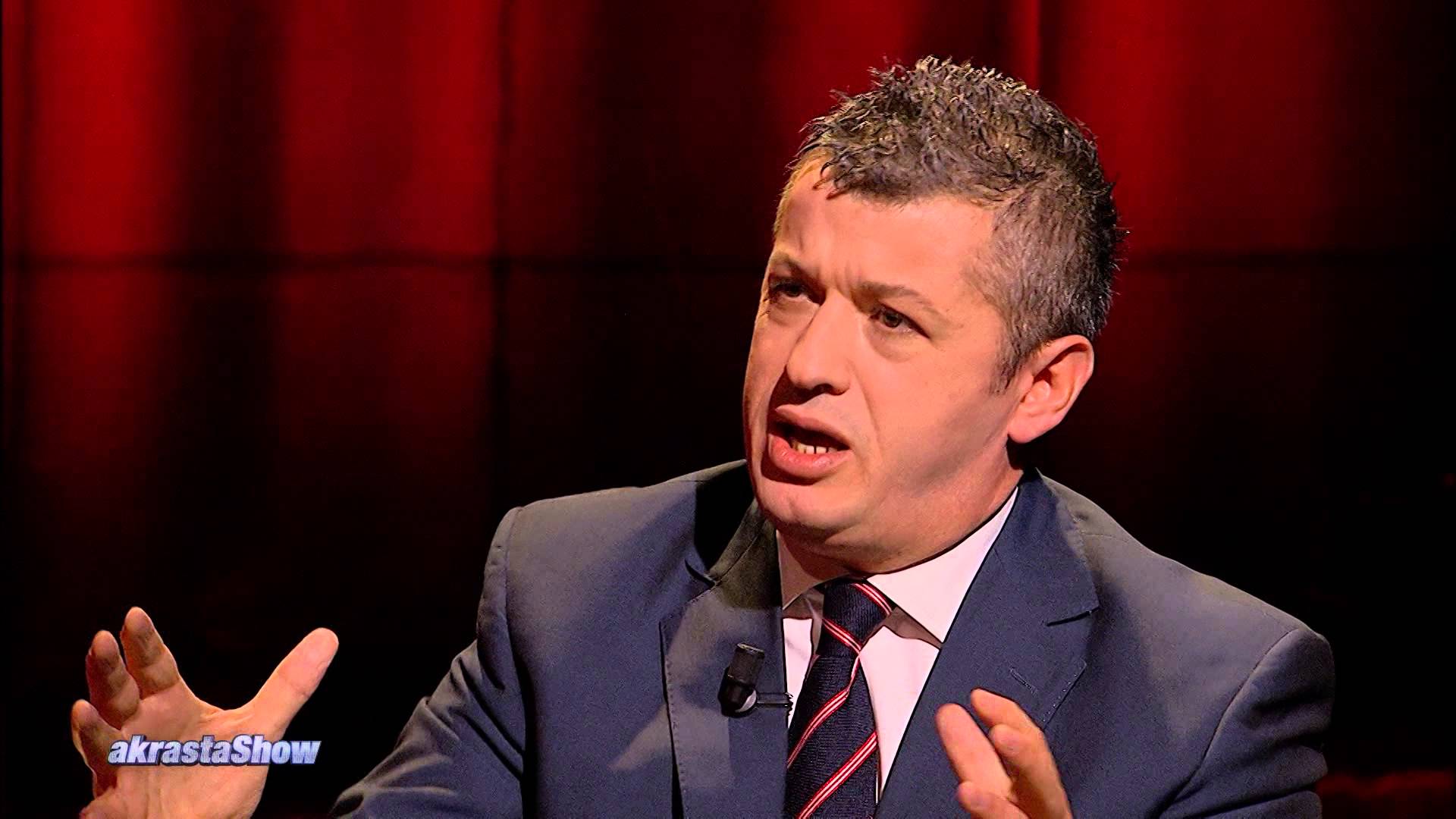
By Alfred Peza
A news story that some web portals broadcasted this week didn’t seem to attract much public attention among other daily news stories. According to the news story in question, Prime Minister Edi Rama leads with most online views in terms of his public activity, because currently, he has the biggest number of Facebook friends. This even beats the former reigning “champion”, Sali Berisha, leaving him behind by hundreds and thousands followers. And this tendency is expected to grow, due to the political activity which is expected to intensify as June 18 election day is approaching.
This “triumph” with the number of “friends” that follow them in this online window of their communication through social networks, would have attracted much attention in another country, not only the media’s attention, but also among political experts, sociologists, psychologists or experts of other technologies of information. We must also bear in mind the fact that each of the two most prominent political leaders in Albania now have around 1 million and 600 thousand followers out of 2 million Facebook addresses that Albanians all over the world have.
To understand that this is a phenomenon that cannot be neglected, we must recall the fact that the number of followers of Prime Minister Rama and opposition leader, Berisha in social networks is almost equal to the number of followers that Mateo Renzi had during the time when he was Prime Minister of Italy up until a few months ago. This means that this activity is very important and is a meaningful indicator for them, not only in terms of quantity, but also in terms of the quality of doing politics through PR. We must also bear in mind here that most of them who are registered as followers of one or the other on Facebook, are people who are politically active and who follow daily political affairs of the head of majority and the opposition around the clock.
Among other things, what we have here is an indicator of the dominance of the left wing by Rama and the right wing by Berisha, through their followers. Another indicator relates to the fact that their political career has seen a curve, which as a result of this detail, shows that it is not there by chance, because both of them know better than anybody else the extraordinary importance of their PR with supporters and critics.
The difference between Rama and Berisha in this aspect is the fact that the Prime Minister has created his virtual “audience” through a very professional relation, by using permanent sections, set timetables for communicating with followers and also by using other new findings such as ERTV, a TV window of live communication. Meanwhile, the former Prime Minister has based his audience on the postings sent by militant whistleblowers, with an aggressive language and investigation claims, which often look like gossips and small diabolical intrigues, mixed with some little element of truth to hurt credibility or cause diversions within majority.
After Rama and Berisha, the ranking of the most followed politicians in the country in social networks is followed by Lulzim Basha as an individual and SMI as a political subject, as Ilir Meta still uses traditional approaches, but no less efficient, to maintain his political relations with followers and critics on the ground. The leader of the Democratic Party has half the number of followers that his predecessor has. Then, he’s followed by Grida Duma as far as the opposition camp is concerned.
It’s interesting to see that the number of followers that our main leaders have on social networks seems to be the same with the number of their voters. The less seats political parties have in Parliament or the less votes they have received in general or local government elections, the less followers their political leaders have in the virtual space. Among the mayors with the biggest number of followers on Facebook is the mayor of Tirana, Erion Veliaj with around 400 thousand friends. This number is higher than all other political leaders in the country, after Rama-Berisha-Basha.
Such is the importance of this indicator of online communication of the political leadership with voters and their followers, that Ben Blushi was forced to open a Facebook profile at the moment when he decided to establish the new political party that he leads, LIBRA. Although up until that moment he had been a former journalist and writer, he hadn’t felt the need to be present in such dimension. This further proves that the virtual world in our country has become reality and that our political reality has become more and more virtual. This is a clear sign that among other things, the June 18 election result, in contrast to previous elections, will not only be decided by the relations of political parties and their leaders with voters, but also with the new and invisible space online.
